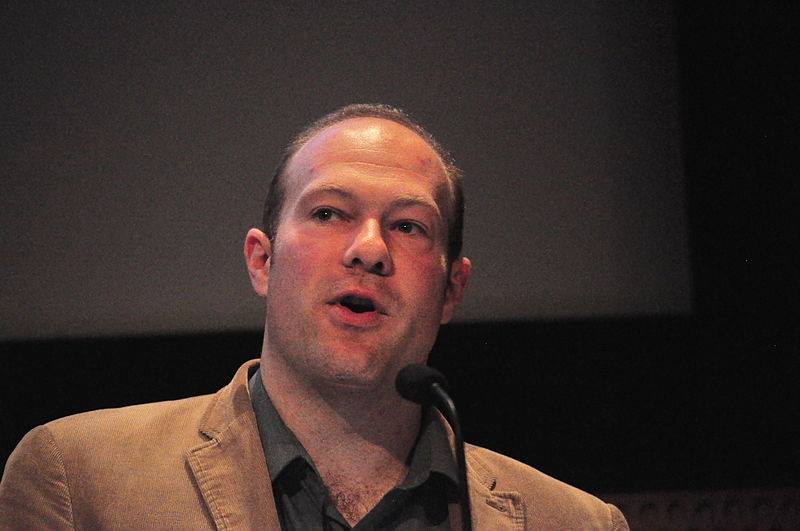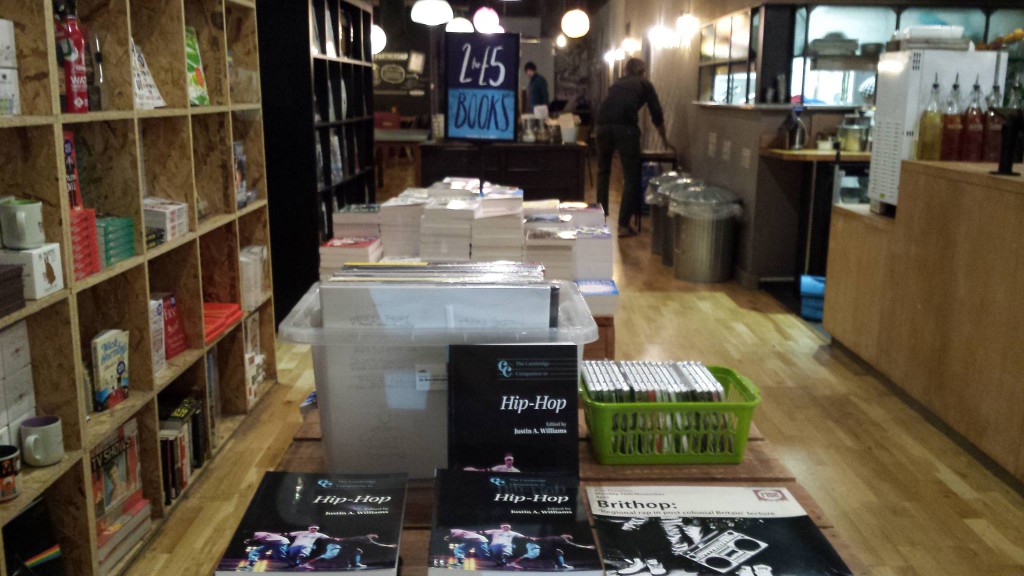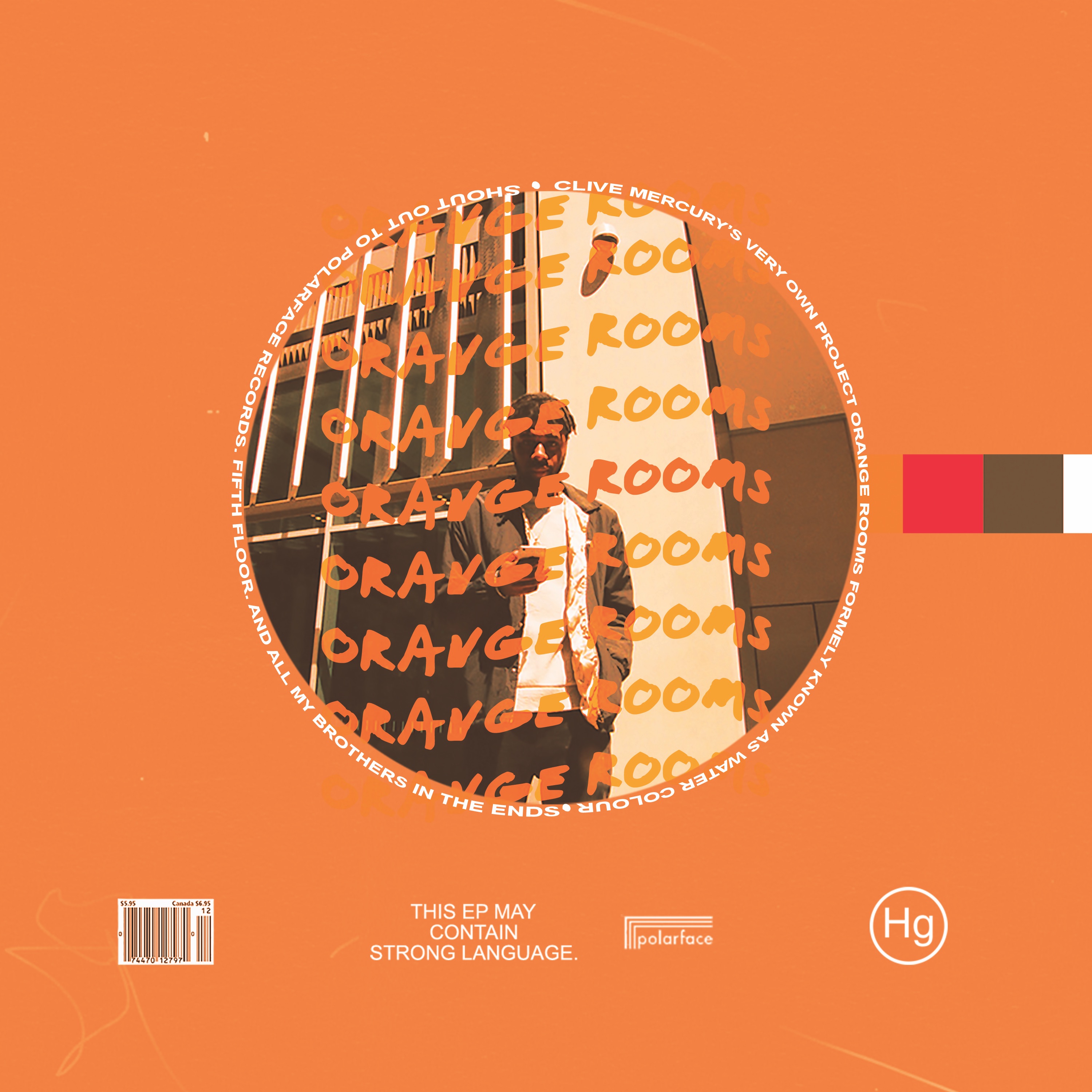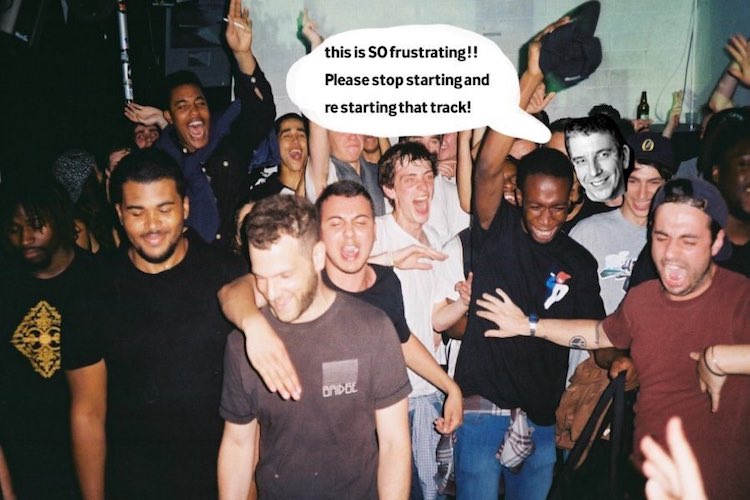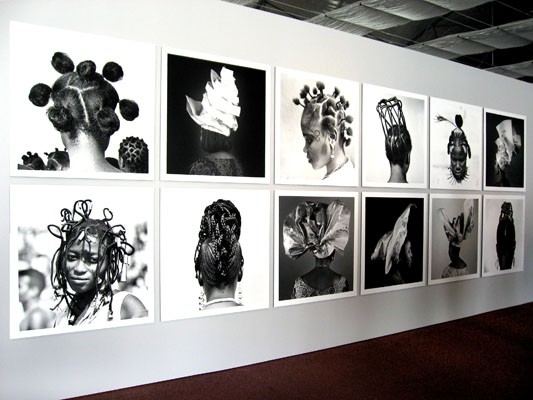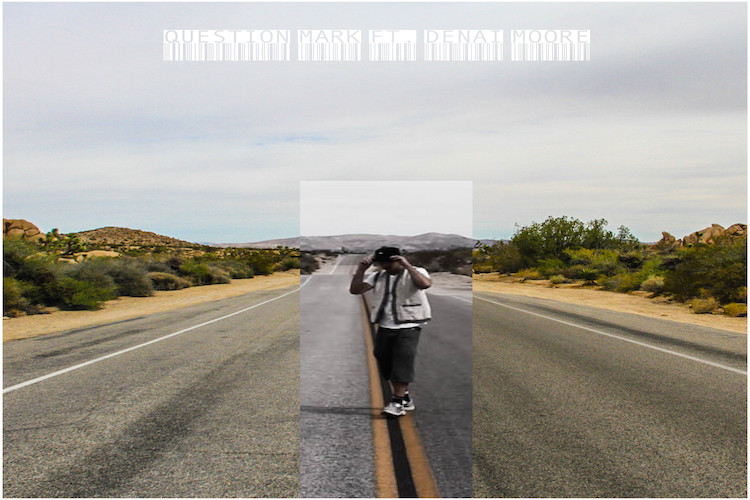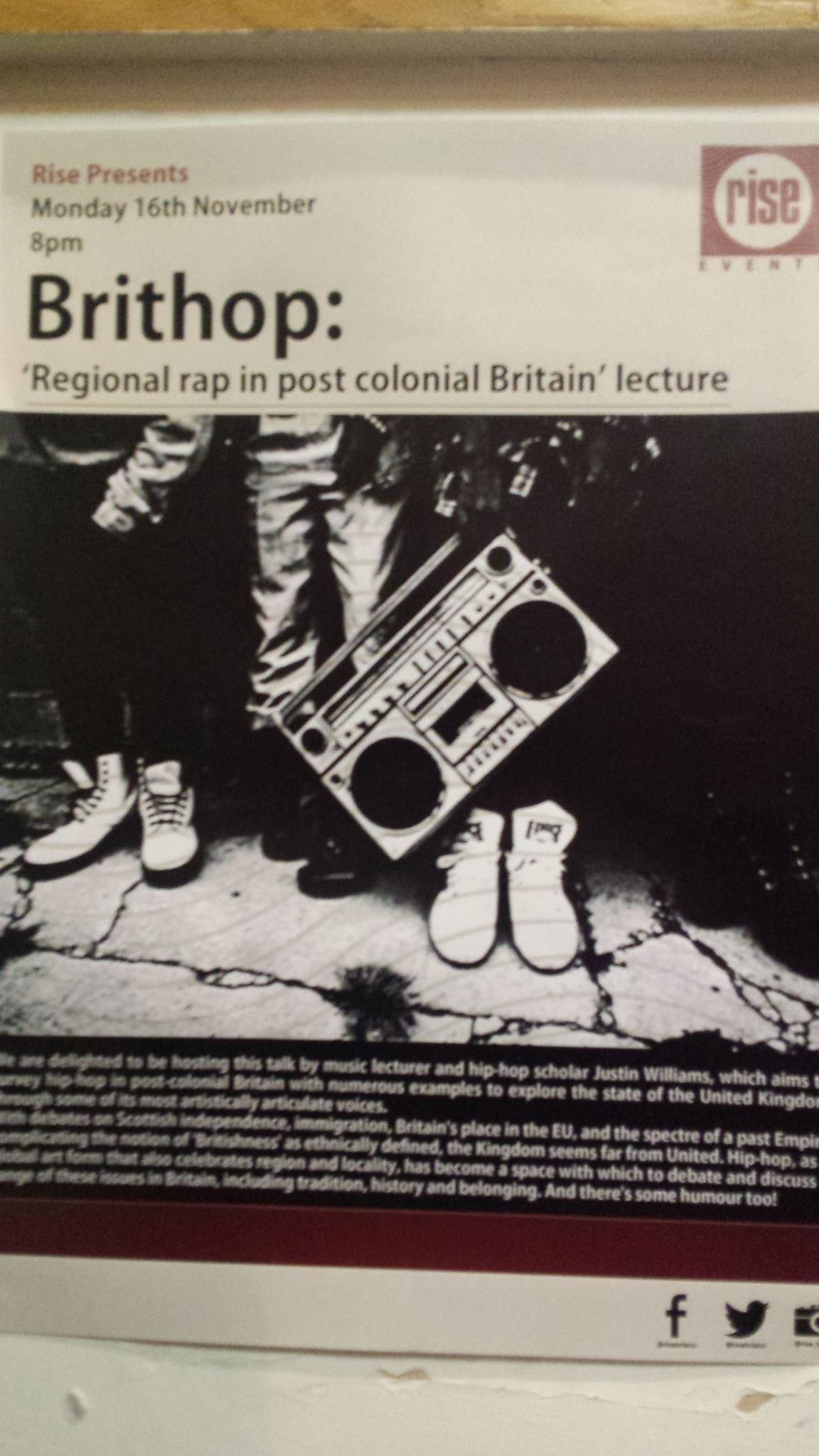
Dr. Justin Williams is an American white male. And yet last month he was at Rise, talking about UK regional hip-hop, to a sold out audience, a genre dominated by black London-based males. He makes pains to acknowledge this though, that this is an irony that is not lost on him- a recognition that does not go unappreciated by members of gal-dem in the audience. The talk is refreshing, insightful and engaging. With humour and insight it covers every corner of the UK and the varied styles of rap and hip-hop that have served to cater to the very distinctive cultural variations prominent here. He cites politically engaged and enraged British-Palestinian rappers like Shadia Mansour, English-Iraqi rapper LowKey, and Scottish champions of Antiheroics’ Stanley Odd, to name but a few, as well as old school faves like Lady Sovereign and the outspoken omnipresent Akala.
‘The UK is a complicated entity’ declares the Facebook event page. ‘With debates on Scottish independence, immigration, Britain’s place in the EU, and the spectre of a past Empire complicating the notion of ‘Britishness’ as ethnically defined, the Kingdom seems far from United.’ By way of this analysis, hip-hop it so follows, which traditionally celebrates the locality has become an antidote as well as an unapologetic exertion of the provincial. Williams illustrates this through the ‘banal nationalism’ and English social realism of the monotone linguistic style and urbane realism of music videos like The Streets ‘ 2003 ‘Don’t Mug yourself’, where daily life in the outposts of regional Britain is depicted with unreserved honesty. Williams identifies how the grimy nature of the everyday is used to evoke an image of the working class, introducing the Birmingham dialect to the wider rap vernacular, to the public and in the process doing something pioneering. This embrace of the culturally familiar demystifies a genre of music that in actuality transcends assumed boundaries, unveiling rap as the plight of the unheard, the non-capital centric, the marginalized and the outposts of the United Kingdom.
The lecture lasts an hour and a half but covers a broad base of themes from nationalism and diaspora/ displacement to history, politics and humour, all in relation to their impact on rap as we consume it today. Both academic and at the same time light-hearted in its approach, Williams tackles the tacit whiteness as outlined by Madood Ansil implicit in the widespread relation of rap and hip hop. That is trapped in a counter-culture niche to its US parent: ‘gangster rap’ and the damaging criminal connotations accompanying this oversight. He highlights too that with the emergence of grime as a respected art form, particularly now with its current popularity, the UK environment for the cultivation of rap couldn’t be more independent nor more stylistically separate, and for this it is worthy of its own accolades and recognition.
Also featured is the deftly talented Shadia Mansour, of urgent acerbic cross-cultural verses, who raps in Arabic and English, and has been described as ‘the first lady of Arabic hip- hop’. Despite being brought up in London she identifies now as Palestinian; the background of her parents and her political raps criticizes Israel’s occupation of Palestine.
She too is brilliant proof of the multicultural mix that serves to enrich our British musical palette. The sub-culture is thriving and as Justin mentions to us afterwards he didn’t even touch upon the female MCs like Little Simz or Speech Debelle who are demonstrating the power of female MCs in 2015. The talk is varied and eclectic – most notably bringing to attention the plethora of experiences and values UK hip-hop encompasses, as well as its weighty contribution to the realm of academic literature on identity. This is a realisation long overdue and one that we will no doubt benefit from.
Dr Justin Williams’ book ‘The Cambridge Companion to Hip-Hop’ is out now.

